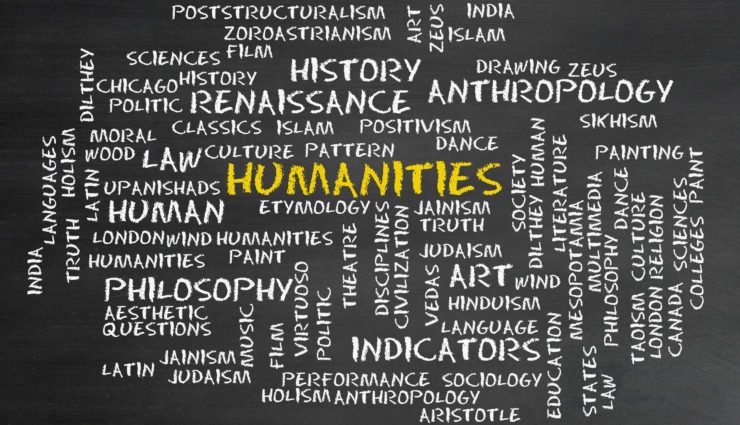07/20/2016 by Carney Sandoe Staff |
Landing the Job
Consider the “Human” in Humanities
You’re a newly minted PhD in History, Religion, or Philosophy. You renounced the “practical” path in lieu of researching, writing, and professing what you love.

Now you want to teach, and for heaven’s sake, you’re qualified! You can deconstruct “The Illiad” in your sleep and you TA’d several multi-disciplinary courses while simultaneously writing a dissertation, maybe even in addition to raising a family. So why, then, are independent schools not racing to hire you?
The answer is partially supply and demand. While not as saturated as the academic market, the secondary market definitely has more qualified candidates than open positions in the humanities. Independent schools love people with advanced degrees in their field, but prioritize those with prior teaching experience at the secondary level. It is simply a safer investment.
A more compelling part of the answer, though, is the cultural disconnect between academic teaching and secondary teaching. While universities emphasize the metrics of papers published or distinctions earned, independent schools care much more about the person in addition to the teacher. With every cover letter and interview, hiring contacts are wondering, “Does this candidate get our students, our parents, our community, and our culture?”
So, how can you prove that you are a candidate who gets it? Start with the CV – as in, ditch the CV. Independent schools are immediately put off by a running list of conferences attended or academic association memberships. Shorten your resume to a page, two at the max, and emphasize teaching experience in addition to any other “youth” experience. Feel free to indicate talents, volunteer work, and hobbies, as well. Your academic accolades will speak for themselves, so avoid overemphasizing these in a personal statement. Instead, answer these questions: Who are you as a person and educator? Why do you love teaching? How can you inspire young people in your subject when no majority of your students will major in it? How can you teach kids to think and to write?
You’ll want to approach interviews with independent schools in a similarly personal style. This may take some reprogramming from the university approach, in which you have been groomed not to talk about your significant others, family, or anything outside of your academic work. Independent schools could care less about your publications – they want to get to know you! You could very well be living alongside these people on campus, and a big chunk of your job will be mentoring students as they grow up. You may be an expert in Victorian literature, but how are you going to handle Jessie, the freshman girl who just moved to town and can’t bother to pay attention because Tommy from science class is texting her? And what happens when Tommy likes someone else, and she walks into your classroom in tears? What are you going to do when an advisee in your hall comes to you because they want you to sponsor a film club, or they got cut from the tennis team, or their parents are getting divorced?
This kind of re-framing is absolutely necessary for PhD’s looking to transition to independent schools. You have so much to offer these schools in terms of academic expertise – but independent schools need to know what you can offer as a person in their community. My best advice: think of the human in humanities, and start from there.
Interested in finding out more about humanities positions at independent school? Apply online to be our candidate to begin the job search process.
Image credit: www.simpsoncenter.org
Leave a Comment
0 Comments
There are no comments on this blog entry.